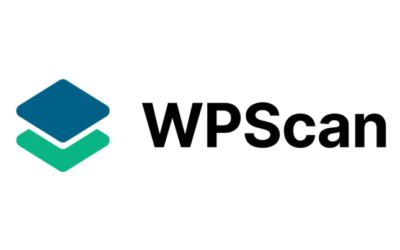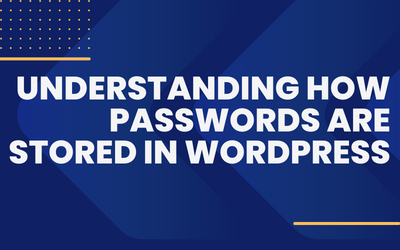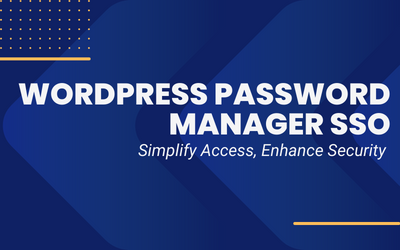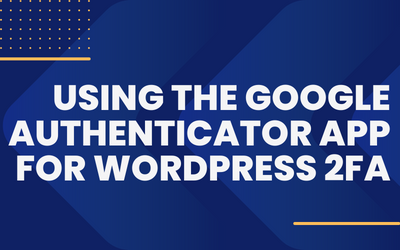In today’s digital landscape, protecting your WordPress website from potential threats is crucial. With cyberattacks on the rise, implementing robust security measures is paramount.
This blog post delves into the world of WordPress security, exploring the best practices and tools to fortify your online presence. Discover how you can keep your website secure and gain peace of mind in an increasingly interconnected world.
Table of Contents
Stay Updated
The Power of WordPress Updates Keeping your WordPress installation up to date is the first line of defense against security vulnerabilities. Regularly updating your WordPress core, themes, and plugins ensures you benefit from the latest security patches and bug fixes. By doing so, you diminish the chances of hackers exploiting outdated software.
You can read further about staying updated in our article: Stay safe, update your Plugins

Strong Passwords
The Gatekeeper of Your Digital Kingdom When it comes to WordPress security, a strong password is your first and foremost barrier. Opt for a lengthy, complex combination of letters (both uppercase and lowercase), numbers, and special characters. Avoid using common phrases or personal information that could be easily guessed. Additionally, consider employing a password manager to generate and store unique passwords securely.
Learn more about Strong Passwords in WordPress reading our articles:

Limit Login Attempts
Shielding Against Brute Force Attacks To protect your website from brute force attacks, it’s essential to limit the number of login attempts. Implementing a login attempt restriction plugin adds an extra layer of security by blocking IP addresses after a specified number of failed login attempts. This way, potential hackers are thwarted, and your WordPress dashboard remains inaccessible to unauthorized individuals.
Two-Factor Authentication
An Extra Shield of Security Two-Factor Authentication (2FA) is a powerful tool that adds an additional layer of security to your WordPress login process. By requiring a second form of authentication, such as a unique code generated on your smartphone, even if someone manages to obtain your password, they won’t gain access without the secondary verification. Enable a reliable 2FA plugin to strengthen your website’s defenses.
You can learn how to implement 2FA in WordPress reading our guide: Using the Google Authenticator App for WordPress 2FA: A Step-by-Step Guide.

Secure Hosting
Choosing a Trustworthy WordPress Hosting Provider Your choice of WordPress hosting provider plays a crucial role in the overall security of your website. Opt for a reputable hosting company that prioritizes security and provides regular backups, robust firewalls, and malware scanning. Research customer reviews and seek recommendations to ensure you select a hosting provider that meets your security needs.
Our goto hosting solution and proudly a sponsor of this blog is Kinsta, powered by Google Cloud powerful C2 servers and CloudFlare Enterprise firewalls. They offer daily automatic backups, free malware scans and malware removals.

They currently have a promo where they are giving all new customers 4 months free when you pay for a year. Click on the banner below for the offer 😉

Implement SSL
Encrypting Data Transmission Secure Sockets Layer (SSL) certificates encrypt the communication between your website and its visitors, ensuring sensitive data remains secure. Not only does SSL enhance security, but it also instills trust in your users.
Install an SSL certificate on your WordPress website to safeguard transactions, login details, and other sensitive information.

WordPress Security Plugins
Fortify Your Website’s Defenses Leverage the power of WordPress security plugins to enhance the protection of your website. Plugins such as Wordfence, or iThemes Security offer features like firewall protection, malware scanning, file integrity monitoring, and brute force attack prevention.
Install a reputable security plugin and configure it according to your website’s requirements.

Securing your WordPress website is not a one-time task but an ongoing commitment.
By following these best practices and implementing the recommended security measures, you can significantly reduce the risk of security breaches, hacks, and data leaks. Remember, the best WordPress security is a multi-layered approach, combining regular updates, strong passwords, access restrictions, robust hosting, SSL encryption, and reliable security plugins. Protect your digital kingdom and keep your website safe from cyber threats in this interconnected world.









